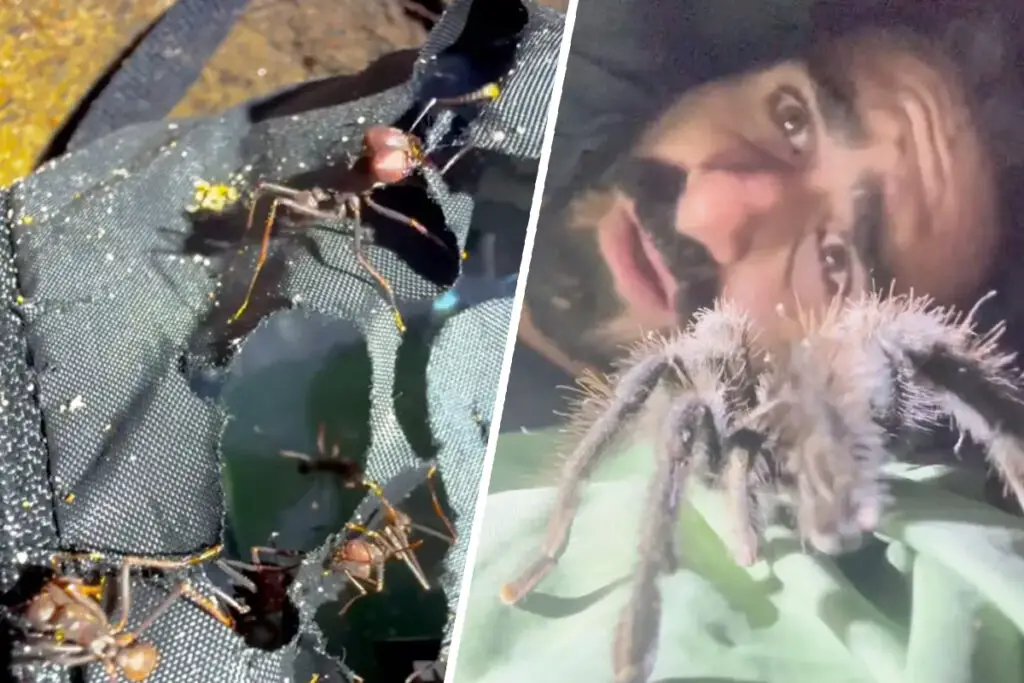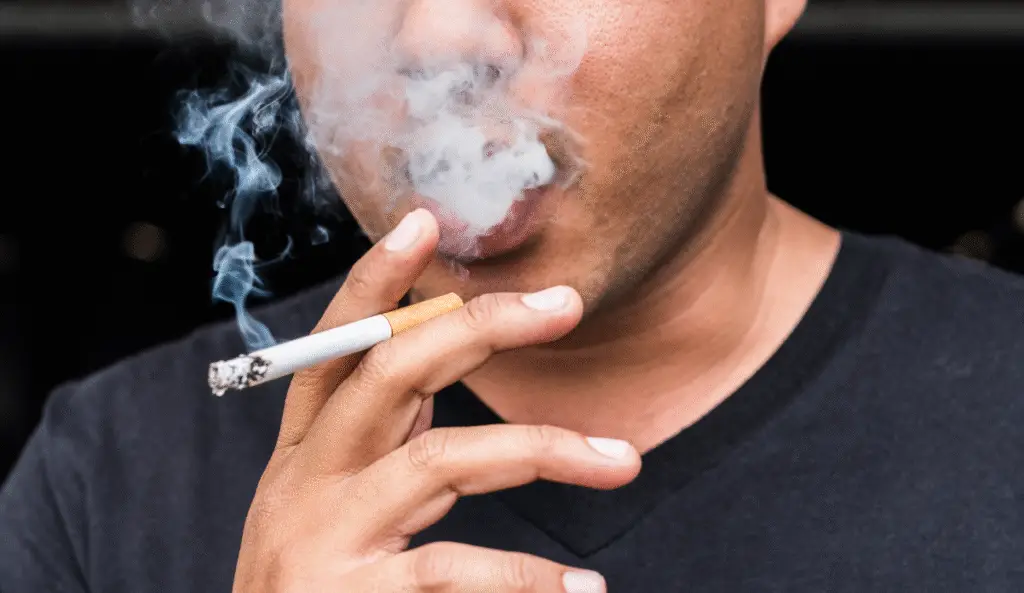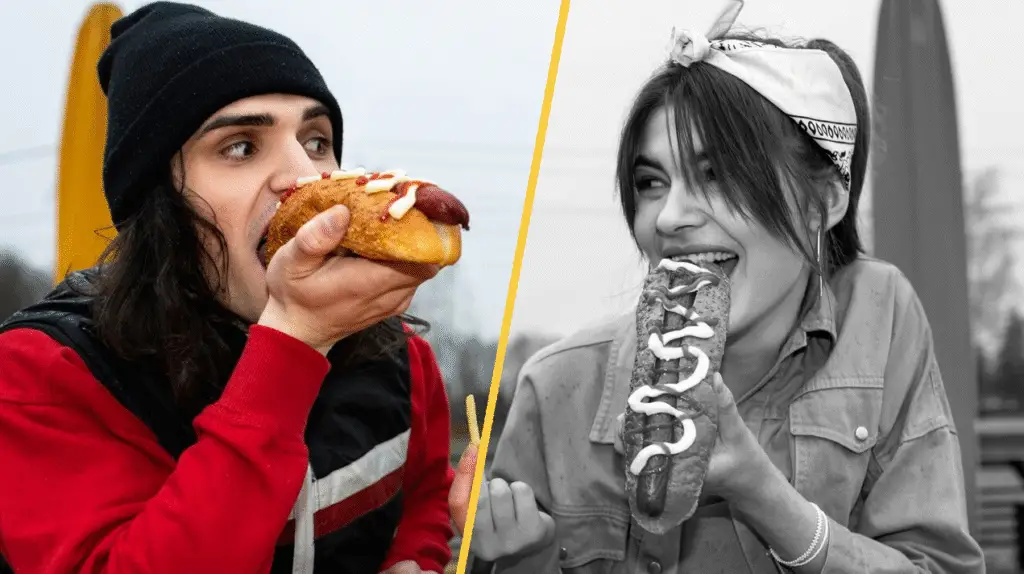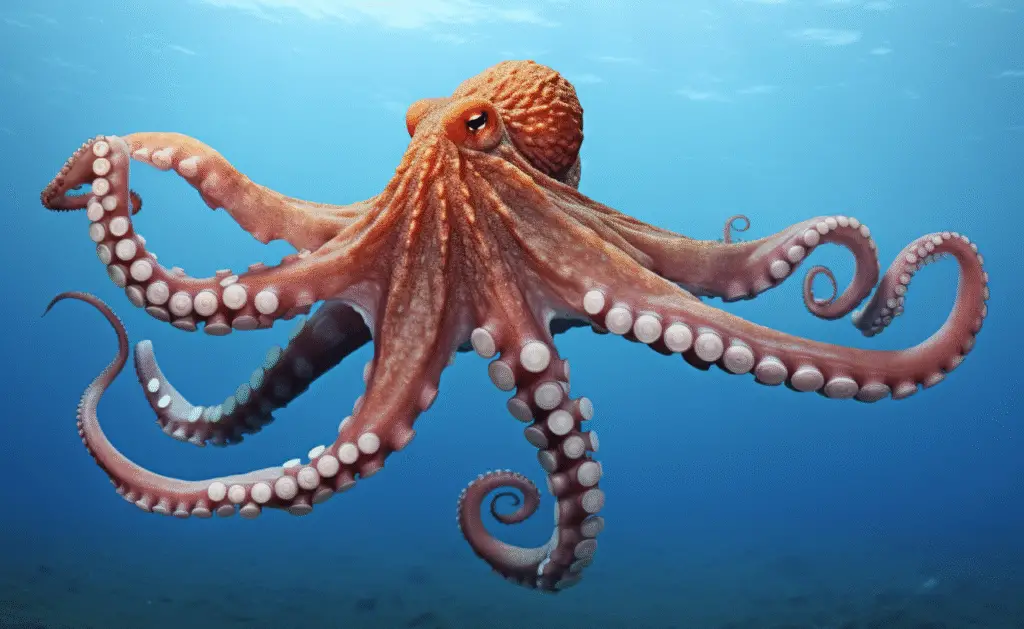From Buddha to Trump: Chinese Company Shapes Fruits and Veggies into Novelty Forms

In a world where standing out is everything, a Chinese company is taking fruits and vegetables to a whole new level.
Fruit Mould, based in Suzhou, Jiangsu, eastern China, has tapped into a niche market by selling plastic moulds that let growers shape their produce into eye-catching forms like Buddha, skulls, hearts, stars, and even the face of U.S. President Donald Trump.
It’s a wild idea that blends creativity with agriculture, and honestly, it’s kind of genius.
Fruit Mould’s approach is simple but clever: place a plastic mould over the stem of a growing fruit or vegetable, and as it grows, it takes on the mould’s shape.
The result? Pumpkins that look like skulls, pears shaped like Buddha, and watermelons with a romantic heart twist.
It’s the kind of thing that makes you do a double-take at the farmer’s market.
How the Moulds Work

The process sounds like something out of a sci-fi movie, but it’s surprisingly straightforward.
Growers place the moulds over young fruits or vegetables, and as the produce grows, it fills the mould’s shape.
Each type of fruit or vegetable needs specific equipment and techniques, and Fruit Mould provides detailed instructions to make it work.
For example, shaping a heart-shaped watermelon takes about 18 days, depending on the variety.
Timing is everything—place the mould too early or too late, and you might end up with a misshapen mess.
The moulds themselves are made from durable polycarbonate (PC) plastic, designed to withstand the heat and humidity of a growing field.
For something like the Trump-shaped pumpkin, growers need to pick a round pumpkin variety weighing 22 to 32 pounds and place the mould when the fruit is 10-13 cm in diameter.
Fruit Mould even advises loosening the mould’s bolts during removal to avoid a 10% chance of the pumpkin splitting.
It’s a delicate dance, but the payoff is a product that’s anything but ordinary.
A Catalogue of Wacky Shapes

Fruit Mould’s website is like a candy store for quirky farmers.
Their catalogue includes moulds for skull-shaped pumpkins, perfect for spooky Halloween vibes; Buddha-shaped pears, which could appeal to spiritual or cultural markets; heart-shaped watermelons, a romantic twist for Valentine’s Day; and star-shaped cucumbers, great for patriotic events like the Fourth of July.
But the real head-scratcher is the Trump-shaped pumpkin mould, a custom order from an American customer that’s equal parts bold and bizarre.
The company also offers bespoke designs, so if you’ve got a wild idea—like, say, a cucumber shaped like your favorite movie star—Fruit Mould can make it happen.
Their tagline? “Transform regular fruits into wacky and weird shapes that you’ve never seen before.” And they’re not kidding.
Boosting Market Value
Why go through all this trouble? According to Fruit Mould, it’s all about “adding more value to your fruits.” Shaped produce can fetch higher prices in niche markets, like gift baskets or holiday displays.
In Japan, for example, square watermelons have been a luxury item for years, sometimes selling for as much as £20,000 because they’re both novel and practical (they stack neatly).
Fruit Mould is betting that global growers want in on this action, and their moulds, priced between £10 and £40 back in 2017, are an affordable way to experiment.
Imagine walking into a grocery store and seeing a Buddha pear next to regular ones.
It’s not just fruit—it’s a conversation starter, an Instagram post waiting to happen.
In a world where social media drives trends, a Trump-shaped pumpkin could go viral faster than you can say “hashtag farm life.”
A Global Reach with Local Roots

While Japan has long embraced shaped produce, Fruit Mould is taking the concept global.
Based in Suzhou, a hub for innovation in eastern China, the company ships moulds to growers in places like California and Kenya.
Their website makes it easy to order, whether you’re a small-scale farmer or a large operation looking to spice things up.
The bespoke Trump mould shows they’re open to custom requests, which could open doors to even more creative designs.
This global reach is what sets Fruit Mould apart.
They’re not just selling a product; they’re exporting a whole new way of thinking about agriculture.
It’s the kind of innovation that makes you wonder what’s next—maybe a Beyoncé-shaped melon?
The Pros and Cons
I’ve got to admit, I’m torn on this one.
On one hand, Fruit Mould’s approach is brilliant. It’s a creative way to make farming more profitable and fun, especially for small growers who need an edge.
A heart-shaped watermelon could be the perfect wedding gift, and a skull pumpkin is a Halloween no-brainer.
But on the other hand, does a pear need to look like Buddha to be special? There’s something pure about a fruit’s natural shape, and messing with it feels a bit like playing Mother Nature.
Then there’s the environmental angle. The moulds are reusable, which is great, but they’re still made of plastic.
Producing and shipping them has a carbon footprint, and while they’re built to last, growers need to handle them carefully to get multiple seasons out of them.
It’s a small price to pay for innovation, but it’s worth keeping in mind.
The Trump Factor

Let’s talk about the elephant—or rather, the pumpkin—in the room: the Trump-shaped mould.
Love him or hate him, Donald Trump is a polarizing figure, and turning his likeness into a piece of produce is a bold move.
It could be a hit at certain events, like political rallies or satirical Halloween displays, but it might also turn off customers who don’t want politics on their plates.
Picture a Trump pumpkin on a late-night talk show, though—it’s the kind of thing that could make Fruit Mould a household name overnight.
The mould itself is a technical feat, requiring precise design to capture Trump’s distinctive features.
But it’s also a gamble. Will it sell? Or will it spark more controversy than it’s worth? Only time will tell, but it’s hard to deny the publicity potential.
Challenges and Considerations
Shaping produce isn’t as easy as it sounds.
Not all fruits and vegetables are suited for moulding—growers need to pick the right varieties, like round pumpkins for the Trump mould.
Timing and care are critical to avoid rot or damage, and shaped produce might need special handling during storage or transport.
These logistical hurdles could deter some growers, but for those willing to experiment, the rewards could be worth it.
On the safety front, the moulds don’t affect the edibility of the produce since they’re used externally.
Still, growers should follow proper hygiene protocols to keep things safe. It’s a small but important detail in an otherwise fun and creative process.
The Future of Shaped Produce

This whole concept has me thinking about where agriculture could go next.
Will Fruit Mould roll out moulds for other celebrities or cultural icons? Could we see entire orchards of shaped fruits, like a grove of heart-shaped apples? With social media driving demand for unique, shareable products, the sky’s the limit.
Influencers and content creators might start clamoring for the next big thing in shaped produce, turning it into a full-blown trend.
For now, Fruit Mould is leading the charge, pushing the boundaries of what’s possible with a simple fruit or veggie.
It’s a reminder that even in a traditional field like farming, there’s always room for a little creativity—and maybe a Trump-shaped pumpkin or two.
































